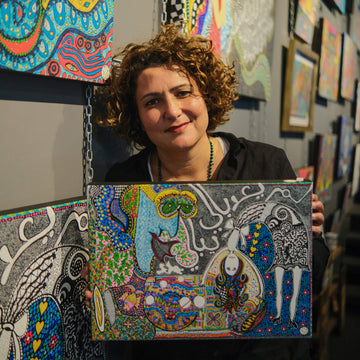Indulging in the warm, rich essence of coffee is a ritual for millions across the globe. Whether sipped leisurely over a morning read or consumed with hurried vigour to stave off the afternoon slump, coffee is far more than a mere beverage; it’s part of a rich, historical tapestry. This article aims to take you on a tantalising trip through the annals of coffee history, tracing the humble bean's transformation from mysterious to mainstream, and its enduring legacy in the Middle East.
THE LAND OF ORIGINS AND MYTHS
With legends that wriggle through cultures and time, coffee's early days are shrouded in mystery and myth. One of the most popularly known tales hails from the Oromo region in Ethiopia, where Kaldi, a goatherd, noticed his flock becoming unusually spirited after consuming the red cherries from a certain plant. He sampled the fruit and felt a similar invigorating effect. Intrigued by this discovery, Kaldi reported the find to local monks, who used the cherries to create a beverage that kept them awake through evening prayers.
However, it is neighbouring Yemen that emerges as one of the first true pioneers in coffee cultivation, where in the 15th Century, the city of Mocha became a primary hub for coffee trading, marking the beginning of coffee as a global commodity. Mocha coffee, named after the Yemenite port from which it was shipped, became synonymous with quality, and the method of roasting and brewing became a precursor to the more modern coffee processes.
THE MIDDLE EASTERN ALLEGIANCE TO COFFEE
From the bustling streets of Cairo to the serene courtyards of Istanbul, the Middle East's love affair with coffee is an ancient one, with rituals and roasting techniques that are centuries old. Here, coffee is more than a drink; it's a ritual symbolising hospitality and community. Middle Eastern coffee often comes thick, sweet, and laced with spices like cardamom or clove, a practice learned from the Arabs who also perfected the art of roasting and brewing.
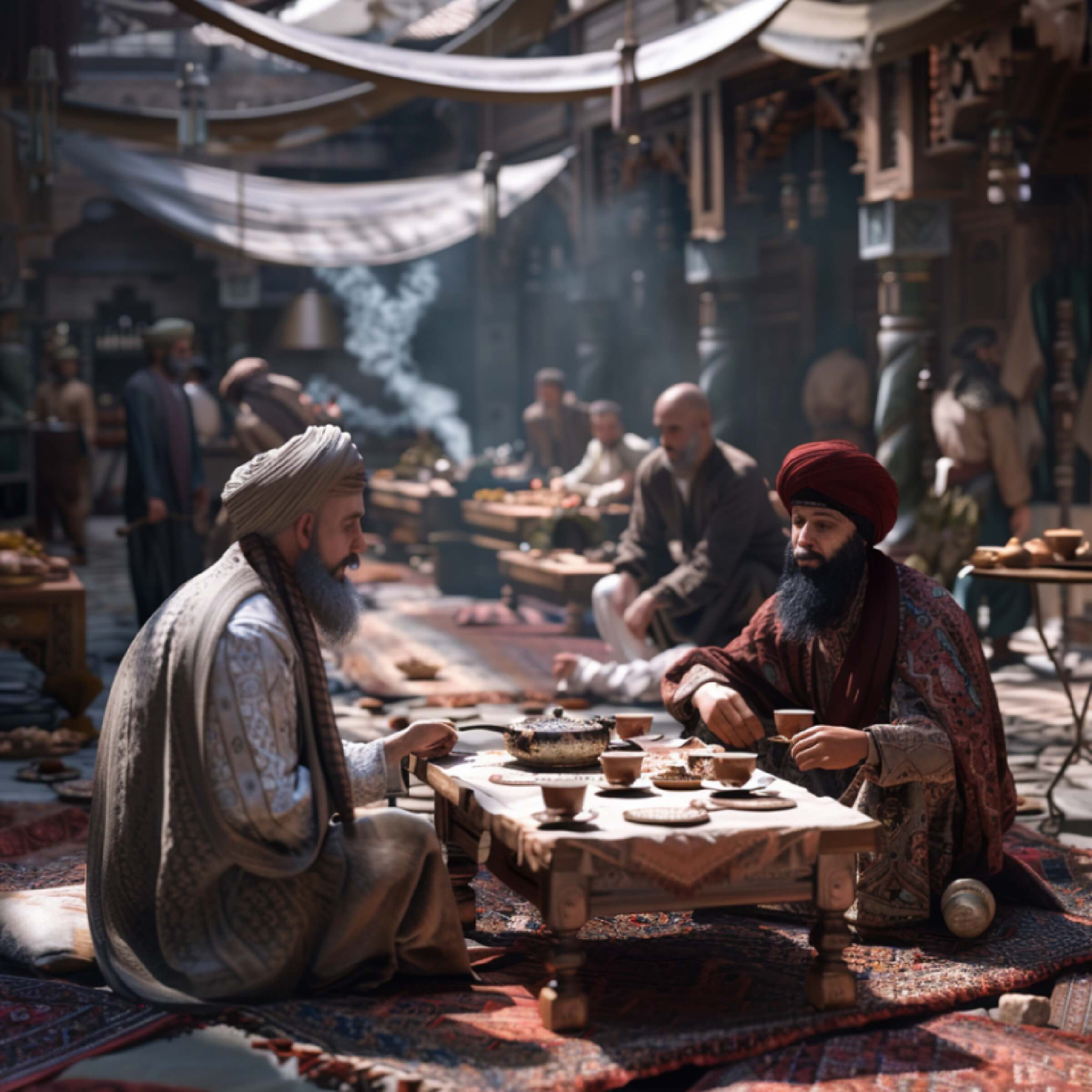
During Ottoman rule, coffee was used in social gatherings and as a boost for the empire's decision-makers. Intriguingly, the term 'coffee break' is believed to have been coined in the Ottoman empire, as an enforced respite for their vast armies of workers. The culture of the 'qahveh khaneh', the coffeehouse, emerged as a central fixture, acting as a hub for the exchange of ideas and news, much like the 17th-century British coffeehouses that would later shape our financial districts.
THE GLOBAL EXPANSION OF COFFEE CULTURE
The rich tapestry of coffee culture was firmly woven throughout the Middle East, safeguarding its ancient roasting and brewing practices. However, the 17th century saw coffee spread its wings globally, with the Dutch cultivating coffee in Ceylon and Java (Indonesia) and the French planting coffee in the Caribbean islands.
Europe's love affair with coffee grew as quickly as the demand for the beverage. The first coffeehouse in Venice opened in 1645, and from there, coffee spread to every corner of the European continent, evolving along the way. New methods of brewing like the French press and espresso were born.
The American colonies, initially tea-drinkers, changed their allegiance to coffee after taxes on tea prompted a switch. New York City saw its first coffeehouse in 1696, paving the way for the establishment of the American coffee culture.
THE MODERN MIDDLE EASTERN COFFEE SCENE
The Middle East has embraced the modernity of the coffee industry while safeguarding its cherished traditions. Countries like the UAE, Lebanon, Jordan, and more recently, Saudi Arabia, have seen a surge in speciality coffee houses, with an emphasis on high-quality beans and brewing techniques. In these spaces, the old and the new beautifully collide, with baristas displaying the precision of their craft, and patrons relishing in the century-old recipes that have been fine-tuned for generations.

One can argue that the Middle East's footprint in the modern coffee scene is broader than just its traditional beverages. With the region's influence on the global coffee market, from bean exports to the growing popularity of Turkish coffee and the fragrant spiciness of Arabian blends, the Middle East is positioning itself as not just a keeper of the coffee flame, but a leading innovator.
THE SUSTAINABLE FUTURE OF MIDDLE EASTERN COFFEE
With the threats of climate change and competition for resources endangering coffee cultivation across the globe, the Middle East faces the dual challenge of reviving its coffee production during a time of scarcity.
Countries like the UAE and Yemen are championing this cause, with initiatives to preserve heirloom varieties, train farmers in sustainable cultivation practices, and work towards a fairer market for coffee. Entities like Mokha1450 are at the forefront, sharing knowledge and supporting individual Yemeni farmers with improved processing systems and connecting them to international markets, ensuring Yemen remains relevant to the global coffee world.
Investments in research and sustainability by countries such as Jordan are also bearing fruit, quite literally. New coffee varieties that are resistant to climate change are being developed, securing a future for Middle Eastern coffee in a world that is rapidly warming.
CONCLUSION: THE PERMANENT MARK OF COFFEE ON MIDDLE EASTERN SOUL
Coffee's aroma is steeped in the history of the Middle East. It has gone through the hands of visionaries, warriors, and alchemists, evolving from a simple, energising berry to a complex, admired brew that knows no borders. The Middle East's narrative with coffee is a testament to the power of culture and tradition, and its adaptability to the modern world is a symbol of fortitude.
Coffee in the Middle East is more than an essential pick-me-up; it is a legacy that binds generations, a harbinger of conversations, and poetry, and an integral part of the mystique and charm of this ancient land. Amid change, one can be sure that the rich, enlivening tales of Middle Eastern coffee will continue to be told and retold, each cup a new chapter in an epic odyssey that began centuries ago.
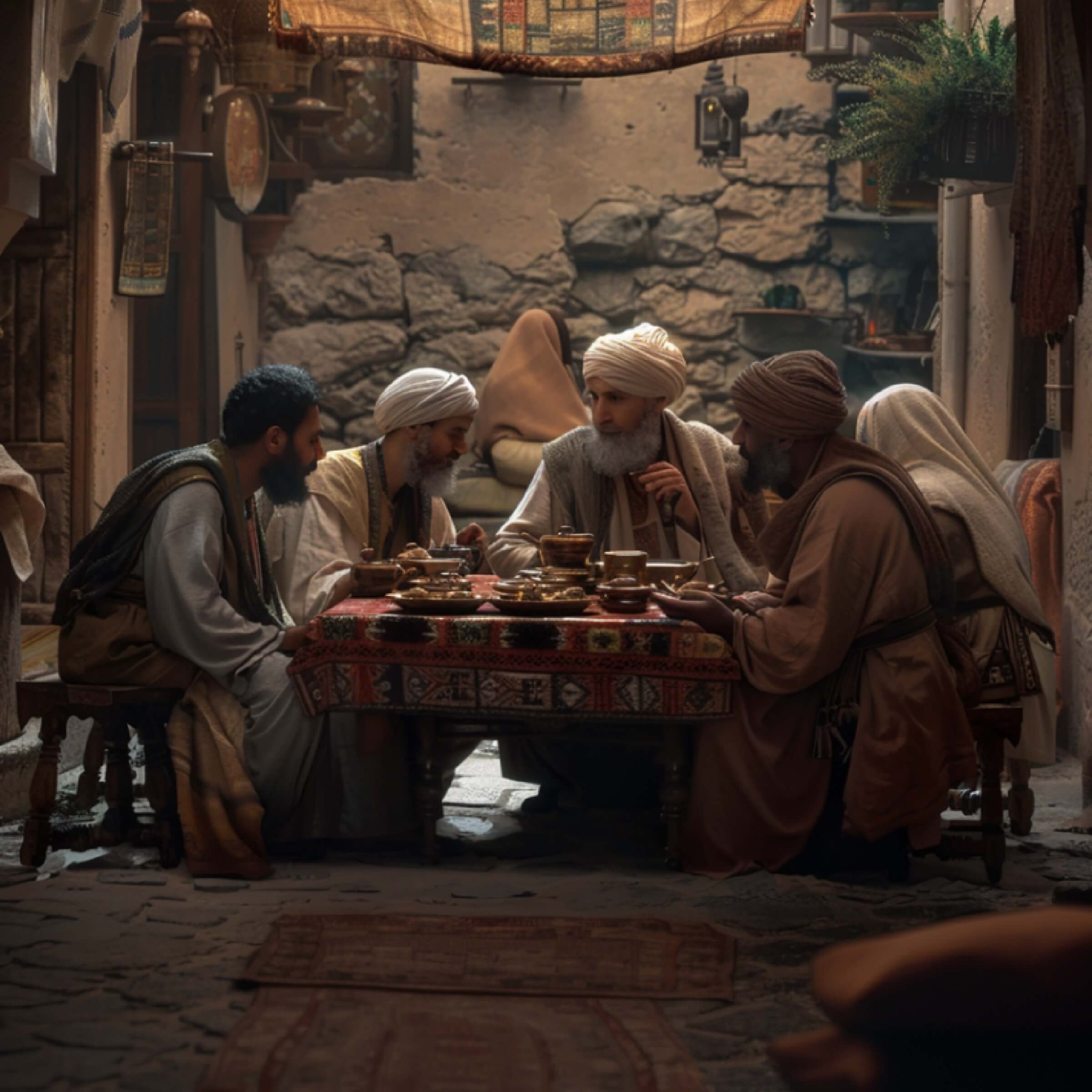
For the coffee lover, understanding the intricate history of their beloved beverage adds depth to their appreciation. For the history buff, the rich tale of coffee weaves into the fabric of human progress. For the food enthusiast, the Middle East's relationship with coffee offers a unique angle to explore the region's culinary culture. Each takes a sip, knowingly or not, from a cup brimming with stories, making the humble coffee bean an enduring monument to human ingenuity and resilience.
